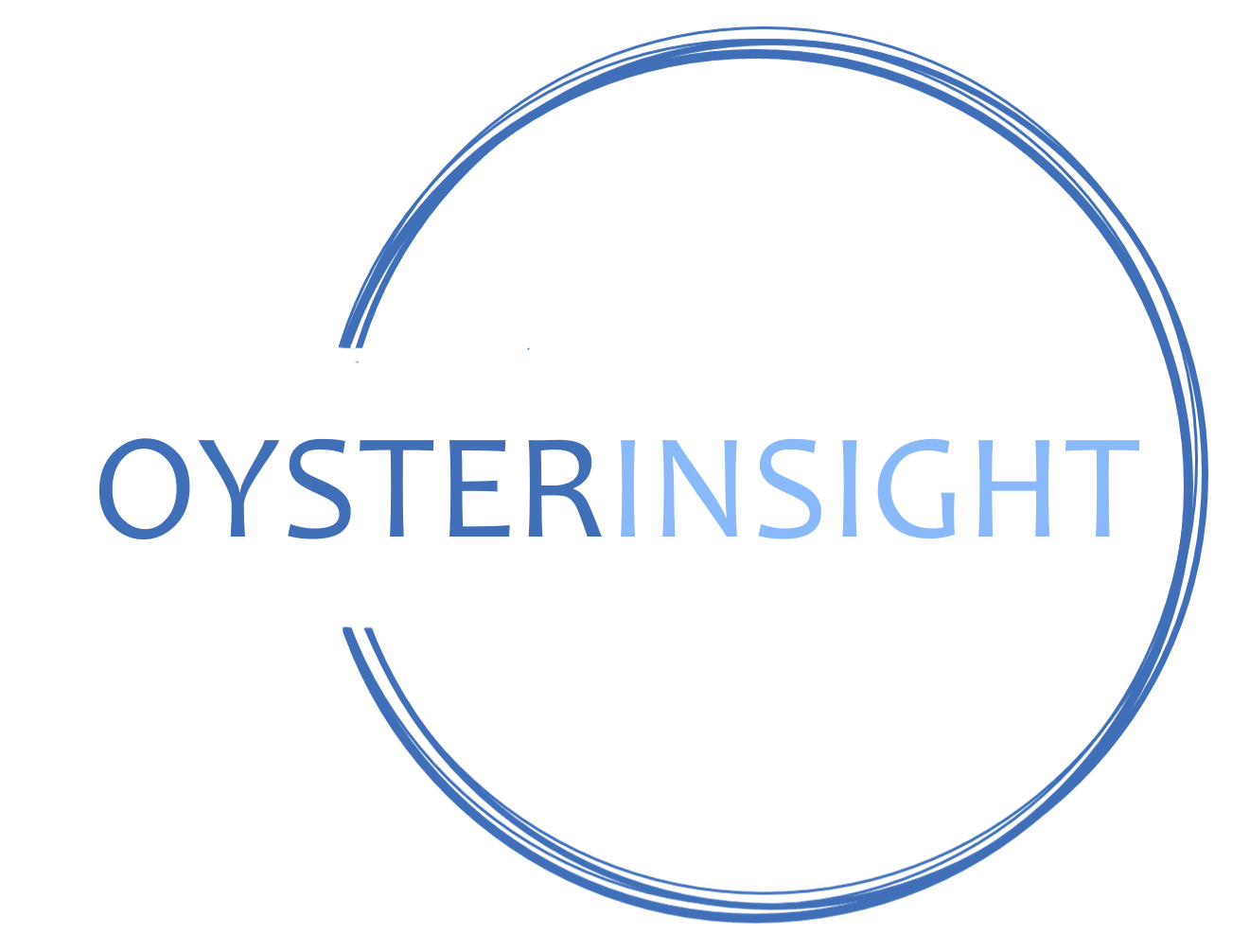Lessons from “Enlightenment Now”
The turning of the calendar always inspires reflection. This year, I found myself reaching for a book that has become a touchstone for optimism—Steven Pinker’s Enlightenment Now. Rereading it over the holidays reminded me why it resonated so deeply when I first encountered it and why its message feels even more urgent as we move into 2025.
Pinker’s argument is simple yet profound: human progress is real, measurable, and ongoing. Despite the daily noise of headlines that might suggest otherwise, the data tell a different story—one of
- longer life spans,
- improved health,
- greater equality, and
- technological breakthroughs that continue to push the boundaries of what’s possible.
As I revisited these insights, I couldn’t help but connect Pinker’s optimism to the opportunities we have in business today. The same principles that drive human progress—reason, science, humanism, and resilience—are also the forces that can – and should – guide organizations toward growth and impact in 2025.
Why Optimism Is Hard—and Necessary
Despite the evidence Pinker presents, optimism can be surprisingly hard to hold onto. It’s not just the constant stream of negative headlines; it’s also human nature. Our brains are wired to compare ourselves to others, notice threats, and preserve the status quo to protect ourselves. These instincts served us well when survival meant spotting danger and sticking to what worked, but they can make it difficult to embrace change and possibility.
This tendency is compounded by what I call the drama vortex—the pull of emotionally charged stories and catastrophic thinking that can trap us in cycles of fear and reactivity. The key to optimism isn’t ignoring challenges; it’s learning to step outside that vortex and focus on what’s real and what’s working. When we do, we see the patterns of progress that Pinker highlights and realize we’re far more capable than we often give ourselves credit for.
Natural Laws and Progress in Business
What struck me most this time around was how closely Pinker’s ideas align with the natural laws that govern growth, adaptation, and resilience—laws we see mirrored in the most successful organizations.
1. Cause and Effect – Data-Driven Growth
Nature thrives on cause and effect, and so do businesses. In a world increasingly shaped by AI and analytics, the ability to make decisions rooted in data is no longer optional. Businesses that embrace this principle can predict outcomes, measure success, and refine strategies in ways that feel as natural as the seasons turning.
2. Evolution – Innovation as Survival
Nature rewards adaptability, and so does the marketplace. Businesses that invest in innovation—whether through new technologies, sustainable practices, or creative problem-solving—mirror the evolutionary processes that ensure survival and growth. Change isn’t something to fear; it’s the natural state of progress.

3. Growth – Unlocking Human Potential
In nature, growth is constant, pushing toward higher levels of complexity and capability. Organizations that invest in their people—through development programs, mentorship, and skills training—reflect this same principle. By empowering individuals, businesses strengthen their foundation for long-term success.
4. Interdependence – Collaboration for Solutions
Ecosystems thrive on connections, and so do businesses. Whether solving global challenges like sustainability or strengthening internal teams, businesses in 2025 can embrace partnerships and collaboration as forces for growth. No one succeeds alone—interdependence is both a natural law and a business advantage.
5. Harmony – Purpose and Profit
Nature thrives on balance, and businesses do too. Purpose-driven leadership—balancing profitability with social and environmental responsibility—is no longer a trend but an expectation. Organizations that align their goals with broader societal needs will be the ones that endure and inspire.

6. Adaptation – Resilience in Action
Resilience isn’t just a survival skill; it’s a growth strategy. Just as nature adapts to disruptions, businesses can view setbacks as catalysts for transformation. By learning from challenges, organizations can emerge stronger, more agile, and better prepared for the future.
A Mindset for 2025
Rereading Enlightenment Now reminded me that optimism isn’t about ignoring challenges; it’s about recognizing the systems and tools we already have to solve them. In the same way that human progress has been shaped by science, reason, and cooperation, businesses can draw on these principles to fuel growth and resilience.
At the same time, optimism means pushing back against the natural resistance to change and the drama vortex that pulls us toward fear instead of focus. When we align with natural laws like cause and effect, growth, and adaptation, we tap into forces that have been driving progress for centuries. And that’s where real transformation happens.
So as we step into 2025, let’s embrace the optimism promised by Pinker and the natural laws that guide both nature and enterprise. The future isn’t something to fear—it’s something we’re building, step by step, with the tools we already have.
Here’s to a year of growth, adaptation, and purpose-driven progress!



